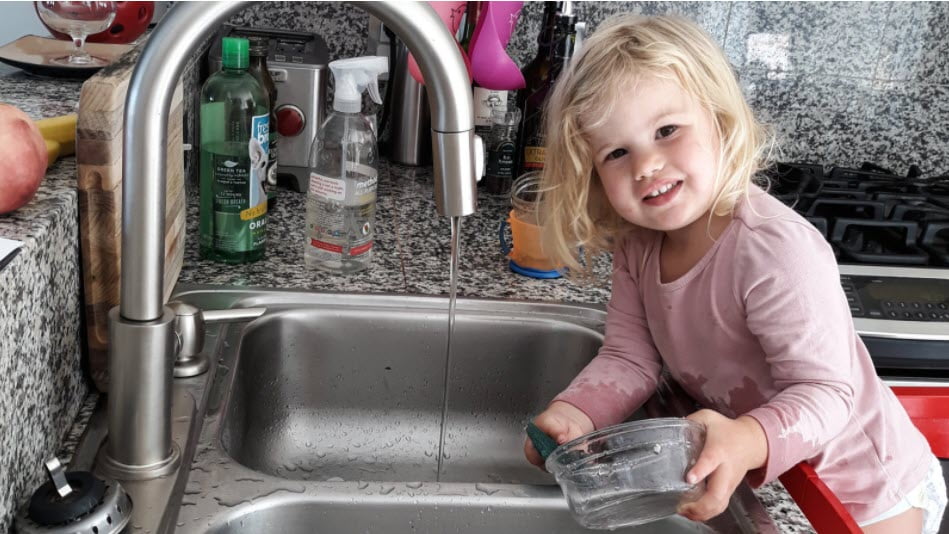
It was a simple experiment. Lucia Alcala, a psychologist, built a tiny model grocery store with aisles and different items that she could put on a family’s dining room table.
She and her colleagues brought the model store to 43 family’s homes along California’s Central Coast. Each family had a pair of siblings, ages 6 to 10.
She gave the siblings clear instructions: Find an efficient route through the store to pick up a list of grocery items and — this was made clear — “work together, collaborate and help each other,” says Alcala at California State University, Fullerton. “We gave them very specific instructions.”

Alcala and her colleagues logged what happened. Did the siblings help each other? Did they boss each other around? Did the older ones exclude the younger ones from the task?
For decades, scientists have documented a surprising phenomenon: In many cultures around the world, parents don’t struggle to raise helpful, kind kids. From ages 2 to 18, kids want to help their families. They wake up in the morning and voluntarily do the dishes. They hop off their bikes to help their dad carry groceries into the house. And when somebody hands them a muffin, they share it with a younger sibling before taking a bite themselves.
You can find kids like this in a huge range of cultures, scientists have documented: from hunter-gatherers in the Arctic to farmers in the Andes, from pastoralists in Kenya’s savanna to fisherfolk in the Philippines.
For the past four years, I’ve been on a mission to learn why. What are these parents doing to instill such helpfulness in their kids? I describe what I found in my new book Hunt, Gather, Parent. While researching for the book, I traveled to three of the world’s most revered cultures — the Maya, Inuit and Hadzabe — and talked with moms, dads, grandpas, grandmas, great-grandmas and grandpas about parenting. I also brought along my toddler, Rosy, so the parents could see just what I was up against.
When I returned home, I read more than a hundred studies on the topic. I realized there are two key practices that parents, all around the world, use to teach children to be helpful and cooperative. And yet many American parents (including the one writing this essay) often do just the opposite — a point Alcala and her colleagues have documented in several studies.
